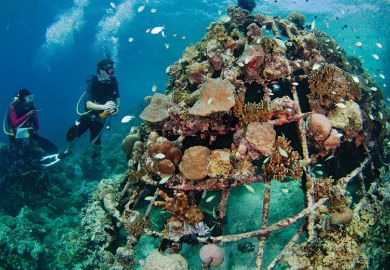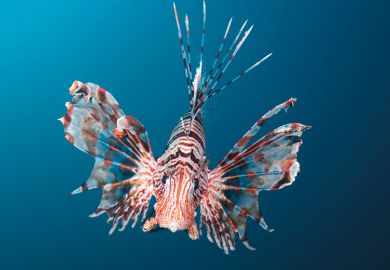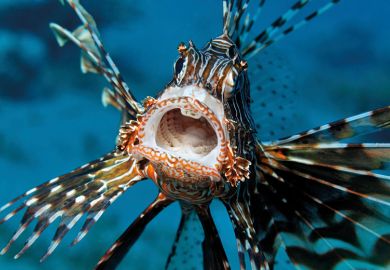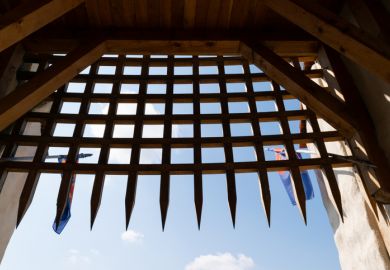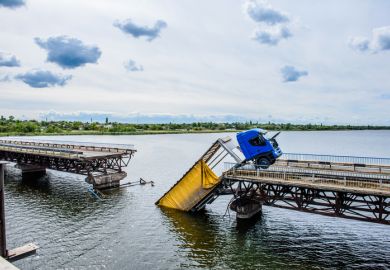A research fraudster educated at James Cook University committed no misconduct while she was at the Queensland institution, an independent panel has found, but critics said questions around the record of fish ecologist Oona Lönnstedt have not been resolved.
“It seems that the process was orchestrated to reach a desired conclusion,” said Deakin University marine biologist Timothy Clark. “The panel only investigated issues raised by an internal university investigation and offered no opportunity for outside witnesses to provide evidence.”
Dr Clark was one of seven whistleblowers who raised concerns about Dr Lönnstedt’s research after she returned to her native Sweden to join Uppsala University. She was eventually found guilty of fabricating data in a 2016 paper in the journal Science, after an initial investigation by Uppsala cleared her.
In late 2019, JCU established an external panel to review Dr Lönnstedt’s research during her PhD studies there between 2010 and 2013, after a preliminary inquiry had identified “potential issues” in some of the dozen-plus papers Dr Lönnstedt co-authored while at JCU.
The panel’s report, which the university has released in full, identified breaches of JCU’s responsible research conduct code. But none constituted research misconduct as defined in the code.
“There is no evidence…of ‘intent and deliberation, recklessness or gross and persistent negligence’ on the part of Dr Lönnstedt, her supervisor(s) or co-authors,” the report says.
The panel only considered allegations in a summary of the preliminary investigation, along with submissions from Dr Lönnstedt and JCU academics including her co-authors. The inquiry was conducted confidentially with no opportunity for external witnesses to provide testimony.
While the panel was asked to consider potential misconduct in three areas – animal ethics, data mismatches and data availability – JCU offered no specific allegations of research misconduct, leaving little likelihood of a misconduct finding. “The panel is faced with an unsatisfactory state of affairs,” the report says. “There are no formal allegations of research misconduct as required under the code.”
A JCU spokesman said the panel had been empowered to conduct the inquiry as it saw fit, and had made its own decisions to conduct the inquiry in private and not to accept public submissions.
“The panel has considered all the evidence and made its findings,” he said. “The university could find no research misconduct, and this position was supported on inquiry by the panel.”
Canadian ecologist Dominique Roche, another of the whistleblowers, said the panel’s assessment overlooked aspects of “well-documented and serious issues” in a study Dr Lönnstedt had conducted into lionfish.
The report highlights multiple data issues involving lionfish. “Fish were clearly being used repeatedly without any statement of how often or how many fish, so it is impossible to know how many lionfish were involved,” it says. “Not to state that animals were reused and not to give the actual numbers is extremely misleading and should not happen.”
But it says scientific views about “why such data accuracy matters” are mixed. “As a result it cannot be stated that there was misconduct in the research, even though it is clear that the researchers chose…it would appear, deliberately…not to report the exact numbers of experimental fish.”
Dr Clark said the investigation committee seemed to have “chosen convoluted explanations for the data anomalies to avoid acknowledging that the author has a proven track record of fabrication”.
Register to continue
Why register?
- Registration is free and only takes a moment
- Once registered, you can read 3 articles a month
- Sign up for our newsletter
Subscribe
Or subscribe for unlimited access to:
- Unlimited access to news, views, insights & reviews
- Digital editions
- Digital access to THE’s university and college rankings analysis
Already registered or a current subscriber?

